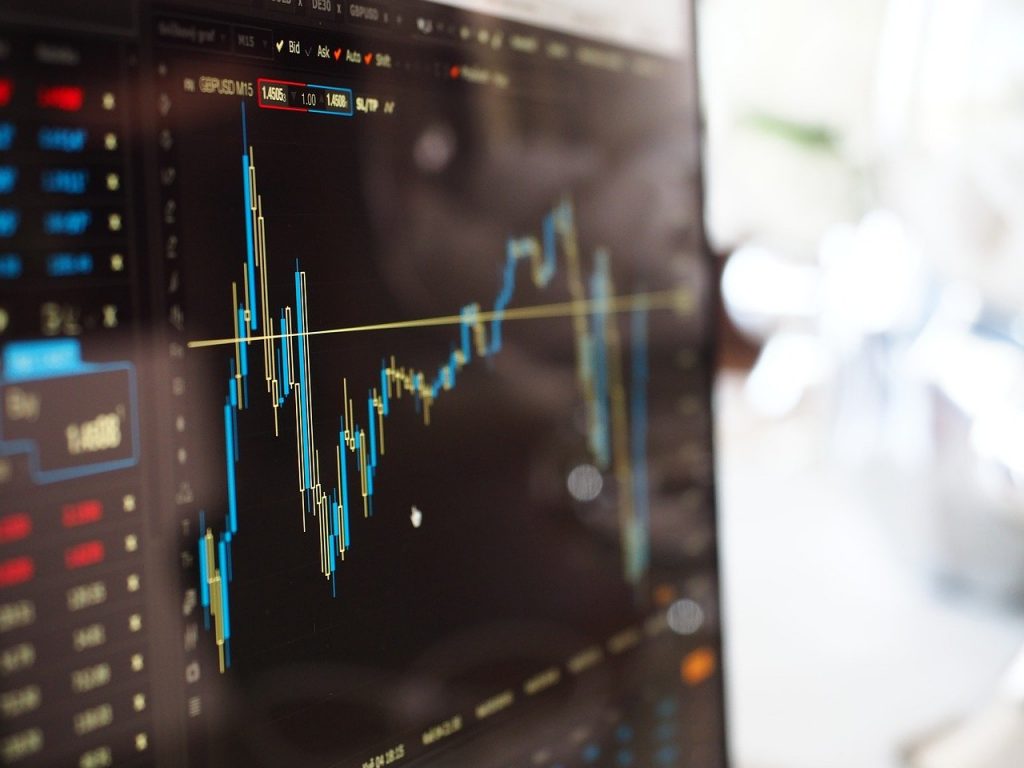We all make investments with the hope that the value of the investment would increase in future thereby generating profit at the time of selling them. As the aim of any investment is to earn some returns in future, there is a risk attached to these investments. The general notion is that investments with a higher degree of risk have the potential to deliver higher returns.

What is volatility?
The investment market is a free market and hence the value of your investments keeps going up and down as the market keeps churning. This, in financial parlance, is called volatility. Volatility is the most natural phenomenon with regards to investments and the degree of volatility for each investment is different and some assets tend to be more volatile than the others. High volatility may imply a higher degree of risk for your investment but also provide the opportunity for potentially higher returns. While some investors are able to accept volatility, there are many others who are uncomfortable with high volatility and tend to avoid investing in highly volatile investments.
Returns v/s. Volatility
But, is it possible to get high returns by investing in less volatile assets? Especially when the inflation rate is very high and the post-tax return on fixed income instruments is very low.
Honestly, your investments in assets with little or no volatility are unlikely to meet your expectations and if you wish to reach all your financial goals well within the desired time frame, then you have to invest in volatile assets, such as equities.
Investments in equities are most volatile when compared to any other asset class, but in the long-run, the returns generated by equities have achieved returns more than that generated by all the other asset classes, repeatedly.
Moreover, investments are a part of a long-term financial planning and as investors with a long-term horizon, your investments should be unmoved by the short-term volatility as this is of no significance when you look at the long-term. Instead, you should concentrate on building a well-diversified portfolio as per your unique investment requirements so as to achieve your goals.
Here are Top #6 things you should keep in mind with respect to market volatility:
- 1. The volatility of markets is a natural phenomenon and you should get worried if your portfolio value goes down during such times.
- 2 .The markets usually tend to rebound after being struck by a big wave of volatility. As an investor, your focus should be on the long-term trend and you should absolutely refrain from taking any hasty decisions. Even if you are feeling unsettled because of the market volatility, you should panic and sell your investments at a lower price.
- 3. Always keep the bigger picture in mind and keep your focus on your destination only. Irrespective of the short-term volatility, historically, equities have always generated positive returns.
- 4. It is difficult to predict and time the markets and hence it is important that your investment portfolio is well diversified across various asset classes. A healthy asset allocation helps maximize returns and minimize the risks associated with your investment at any given time.
- 5. The biggest challenge is to stay invested throughout the tenure of your investment without being perturbed by market fluctuations. However, making the most of various investment tools such as reviewing your investments on a regular basis and rebalancing your portfolio, you will sail through these fluctuations without any difficulty and attain the desired goals.
- 6. In today’s time, you can optimise your returns by investing in equity oriented mutual fund schemes, which are professionally managed by fund managers who have the fundamental and technical know-how of the market movement and can help your investments grow by making the most of market volatilities and identify buying and selling opportunities to maximize your returns.
The final word
All investments are done with a purpose to earn profits but there is no guarantee on the quantum of profit that your investment would make. However, if you wish to achieve high returns and have done your financial planning with a focus on long-term wealth creation then you must remember that volatility for some investments is very high but with a long-term perspective, this volatility is irrelevant.
